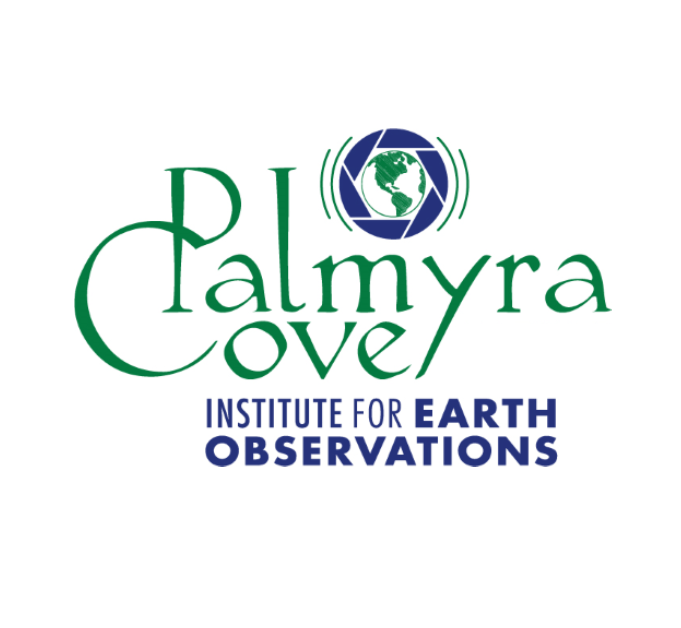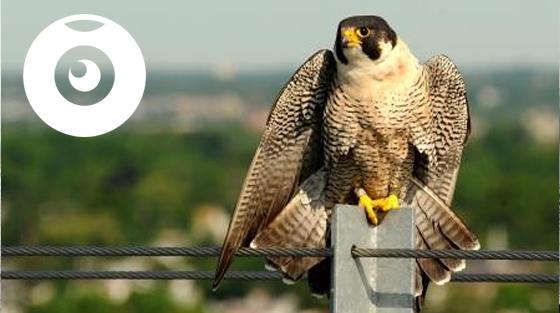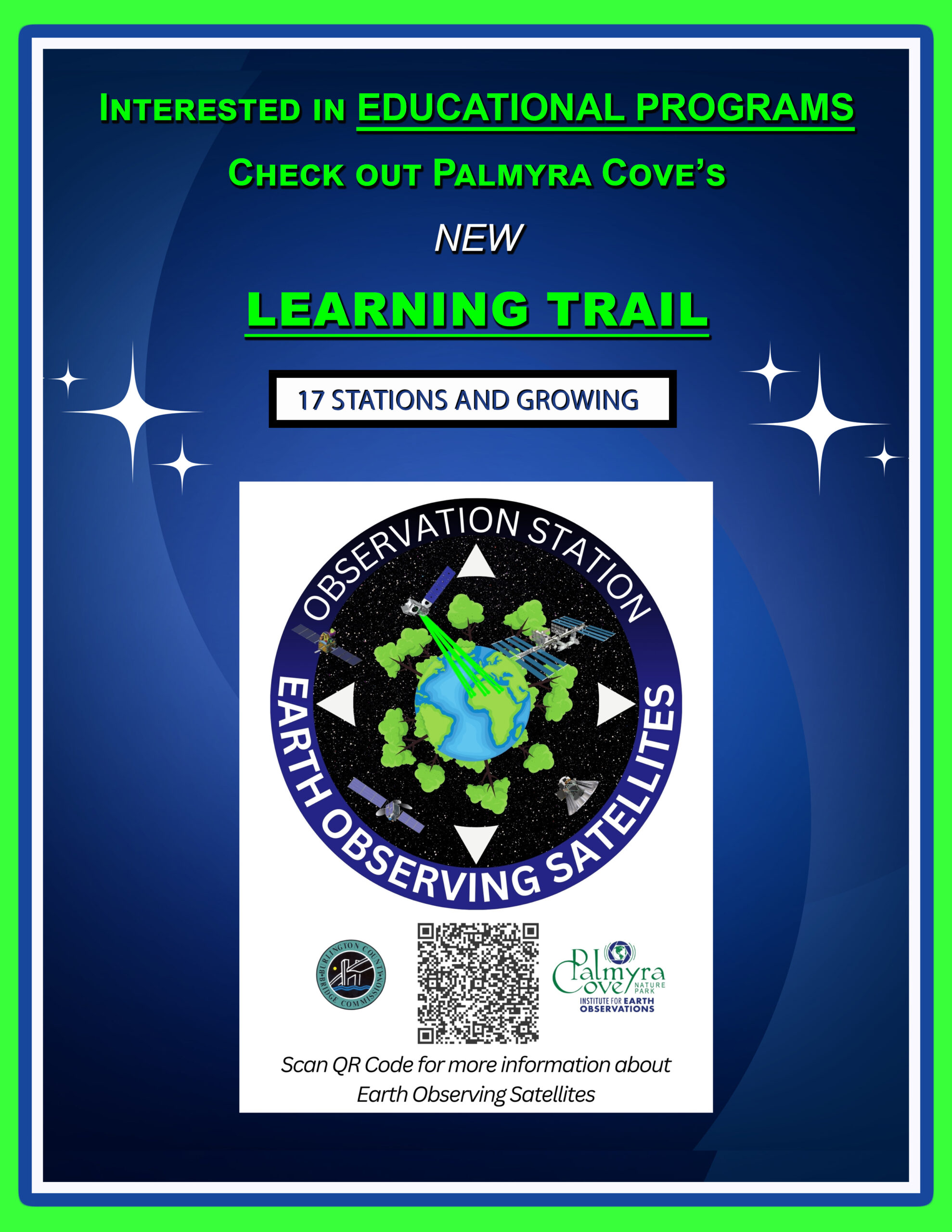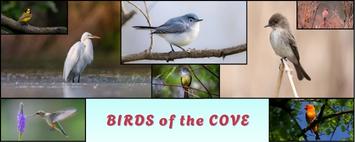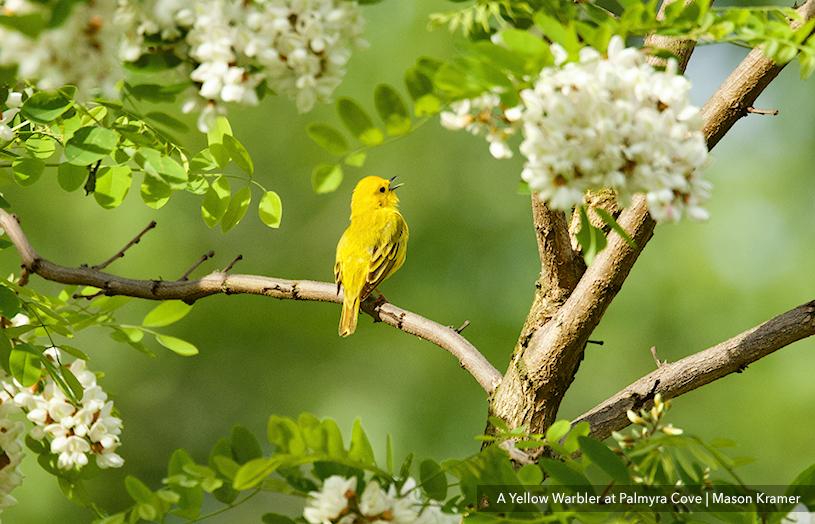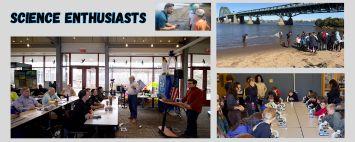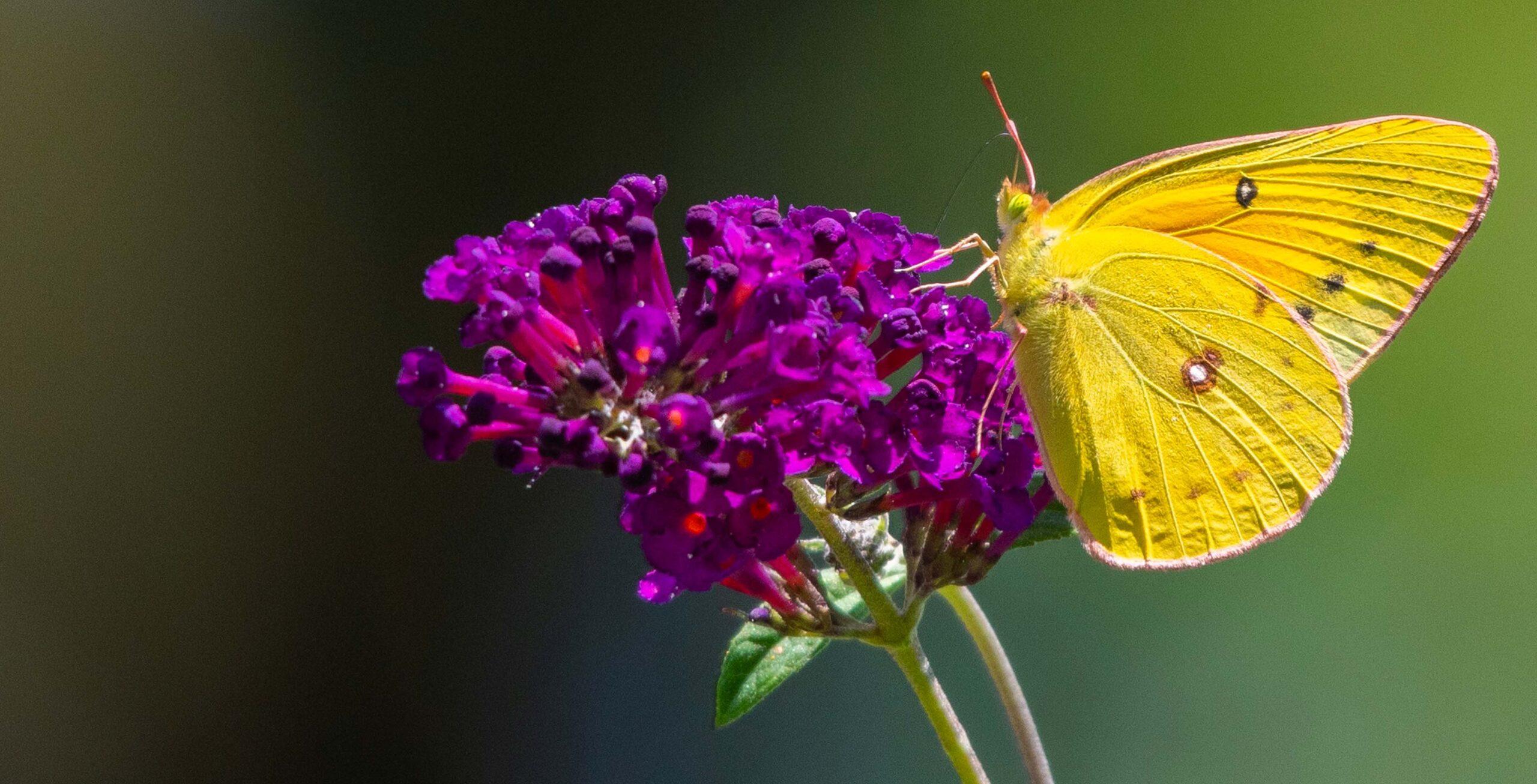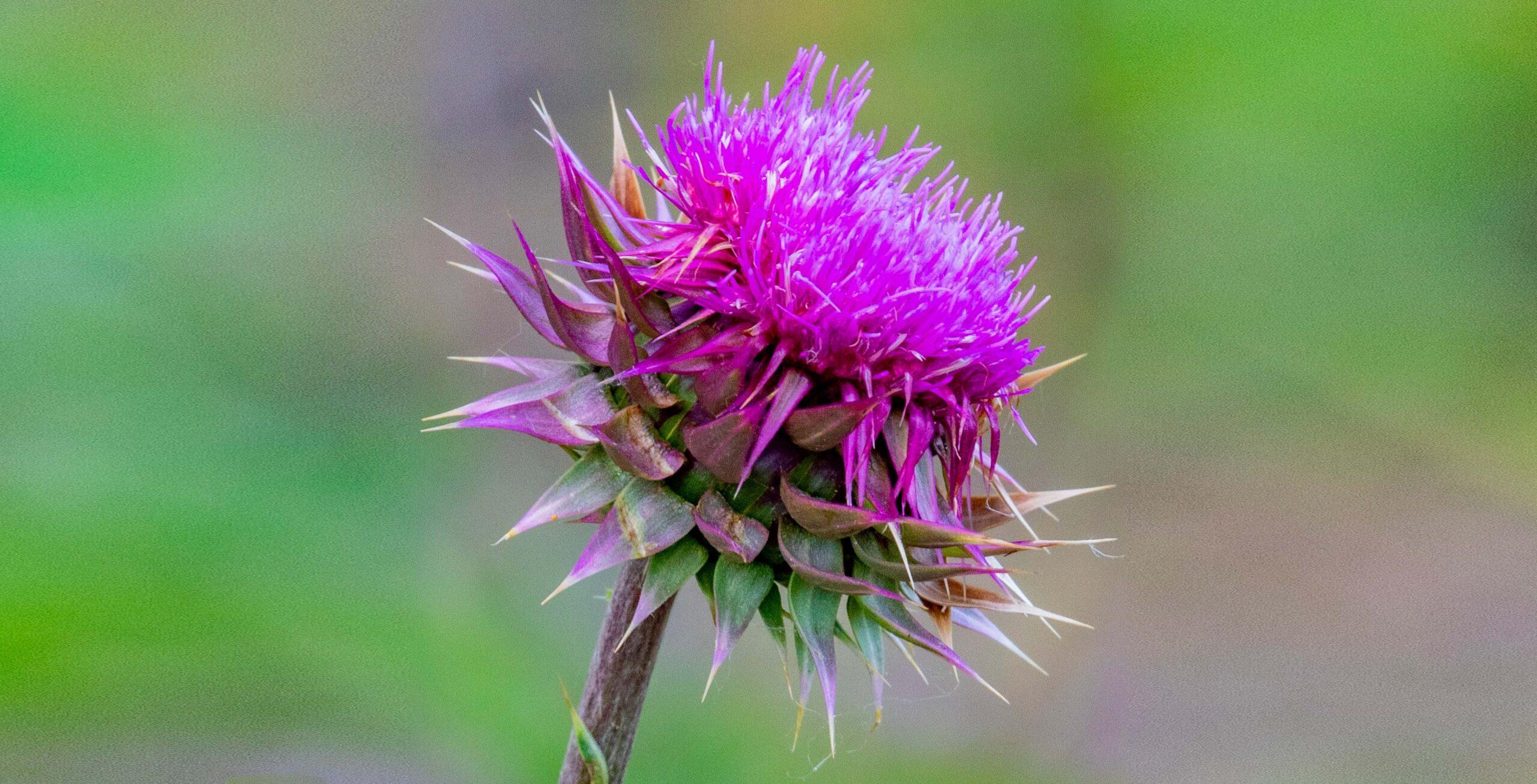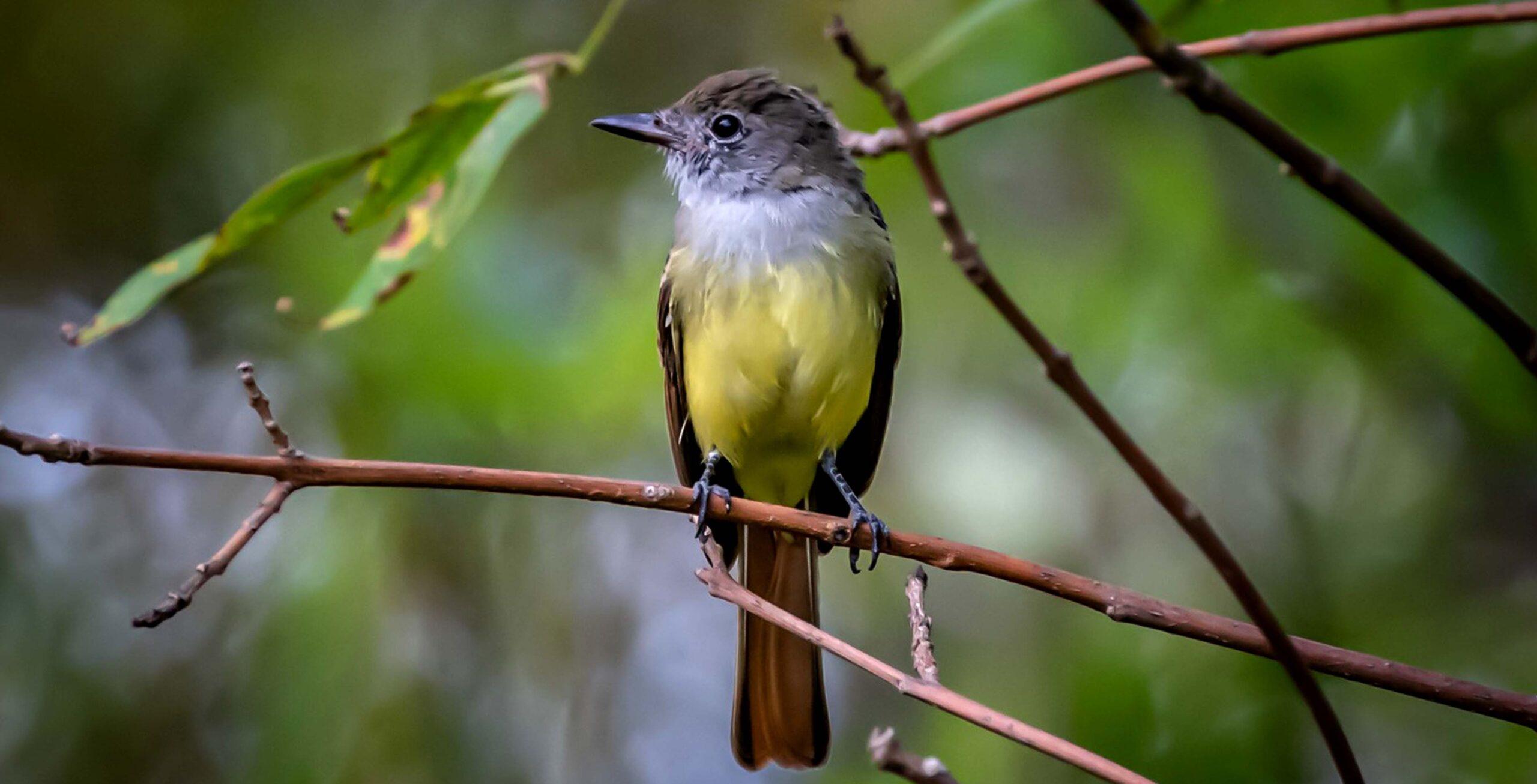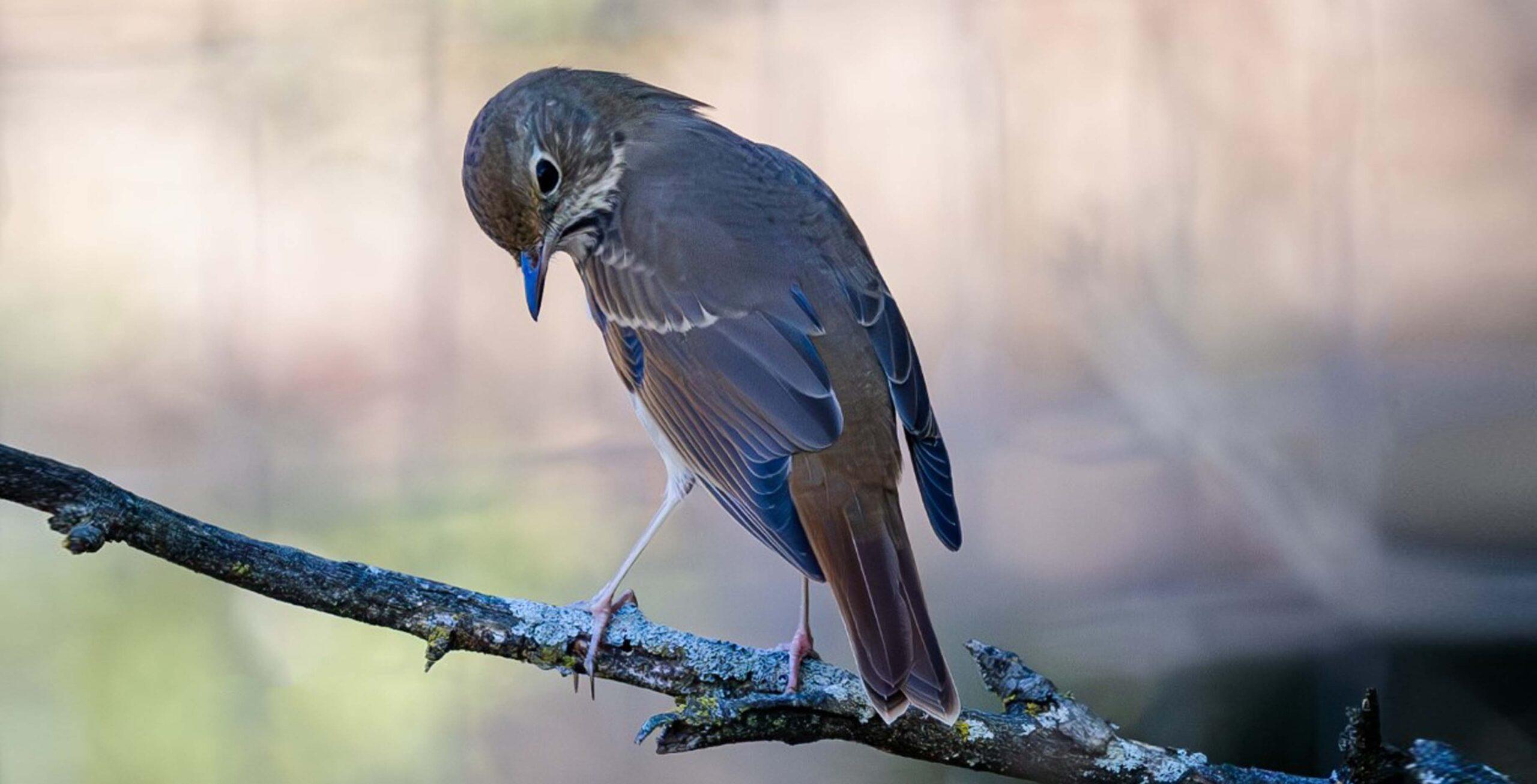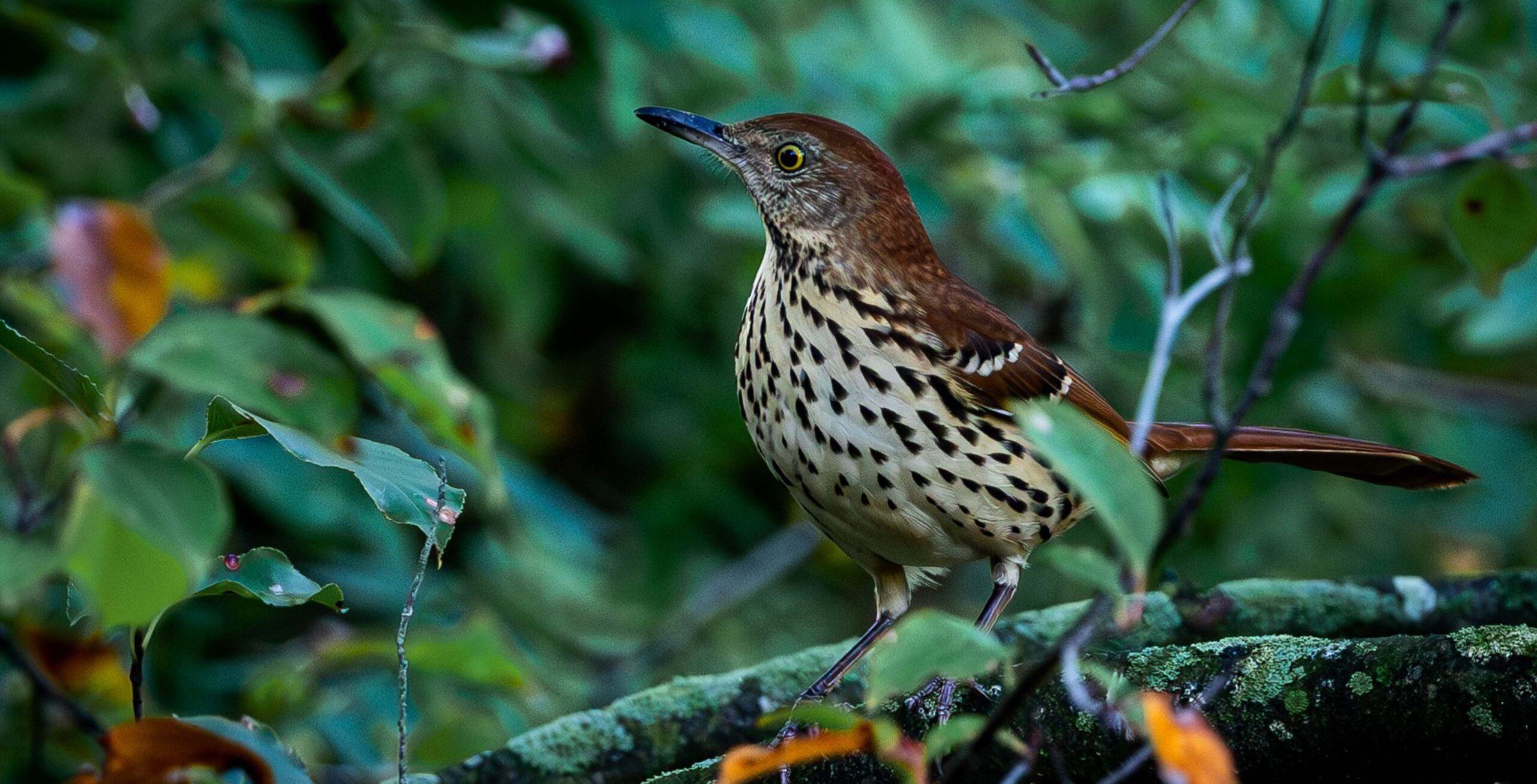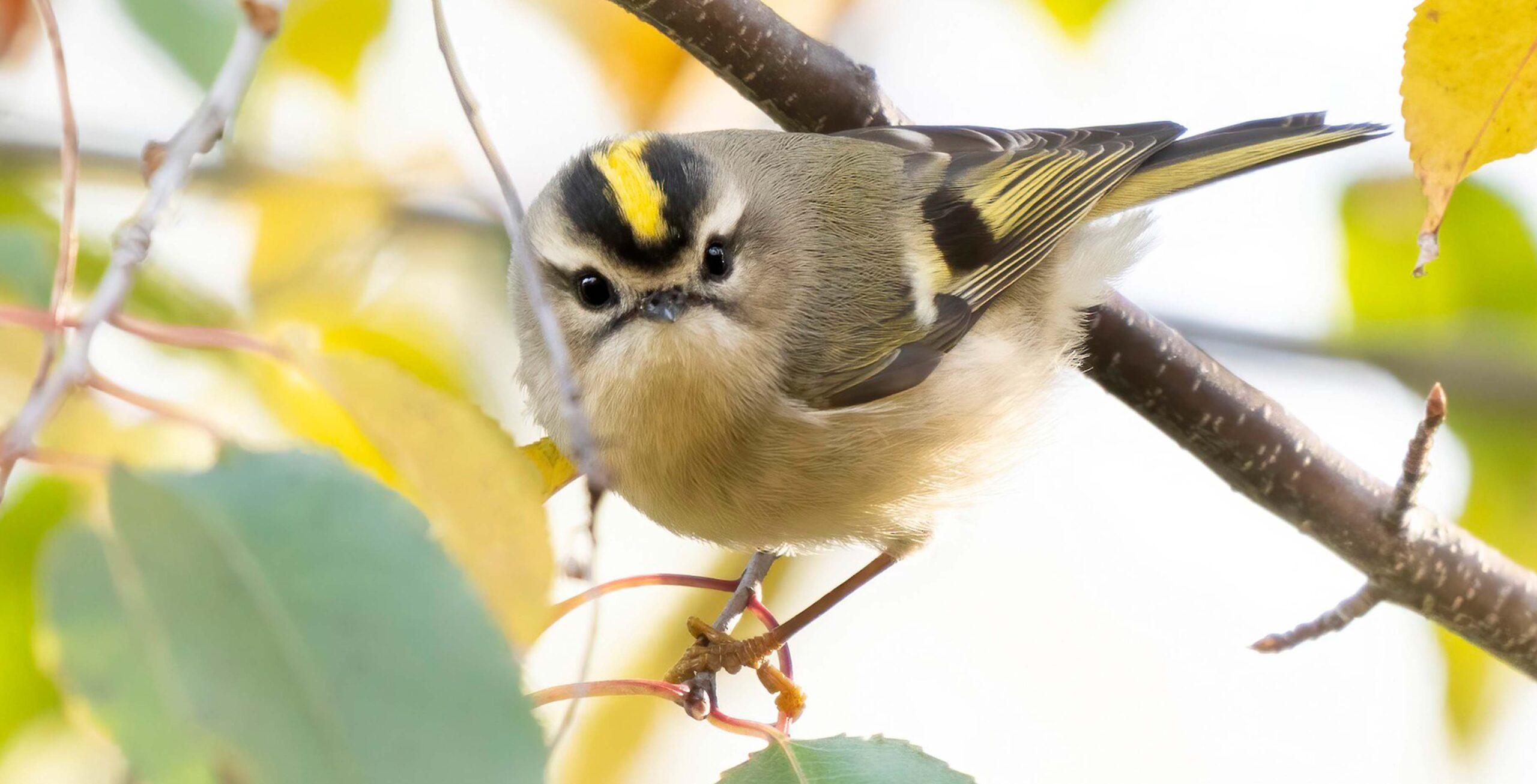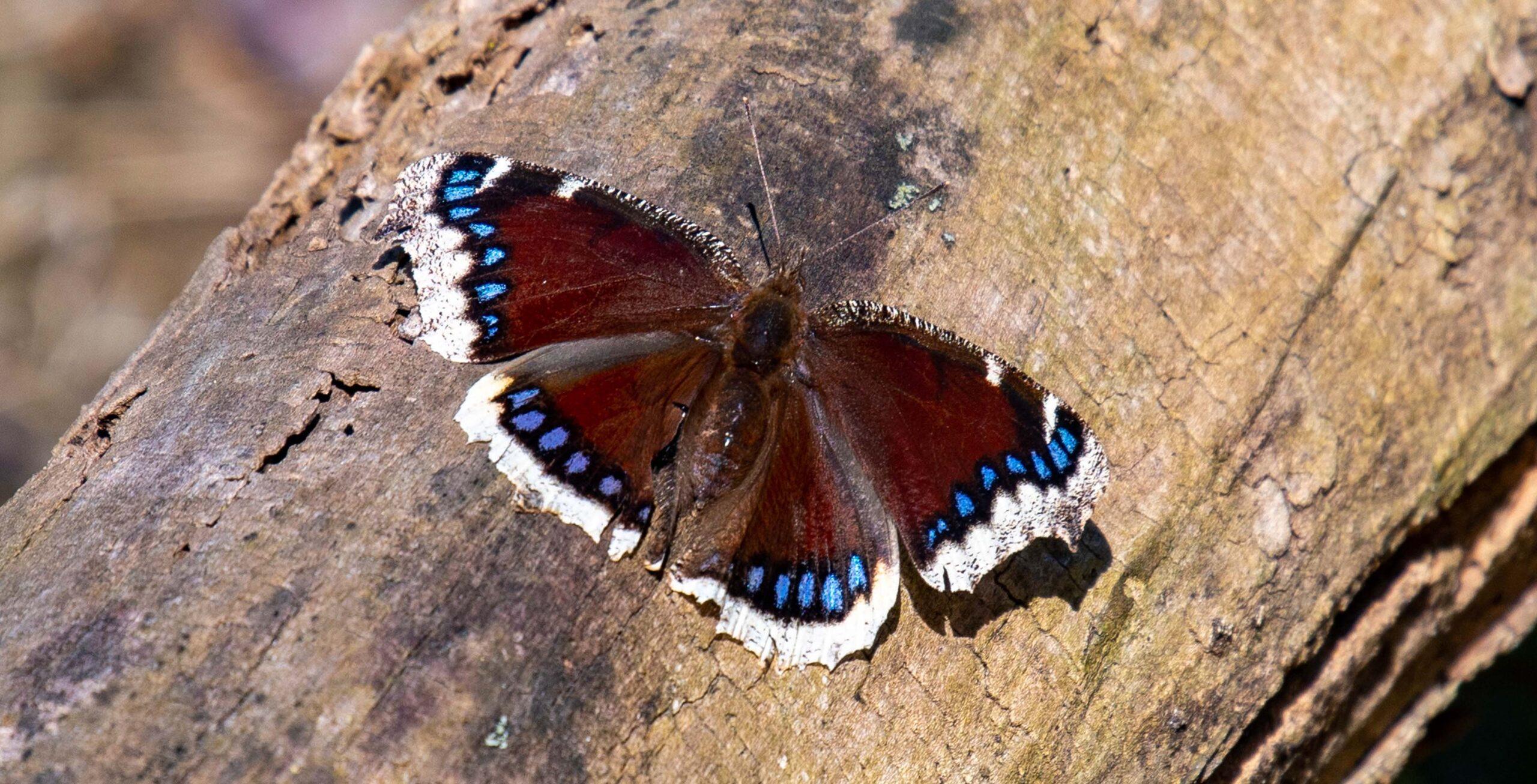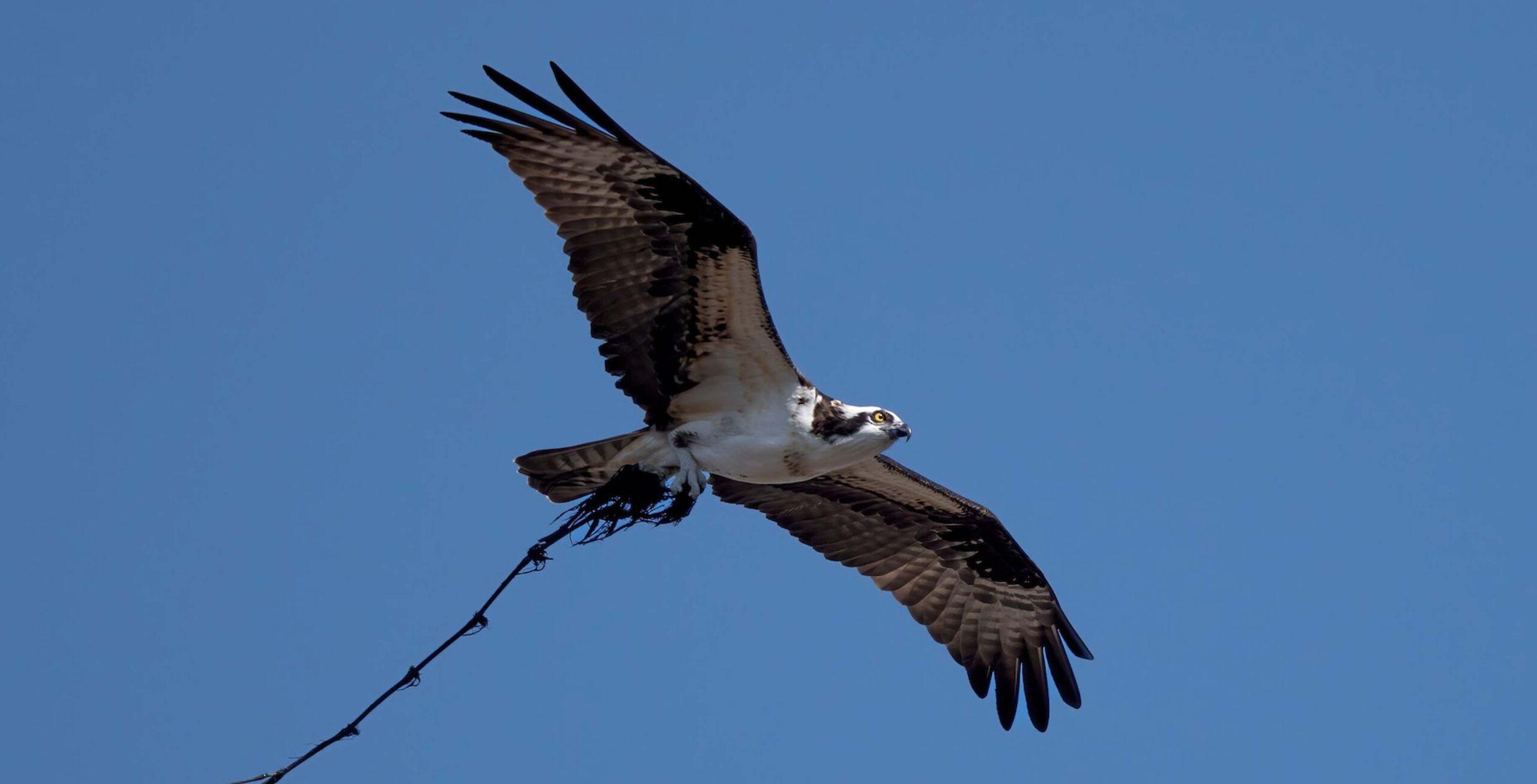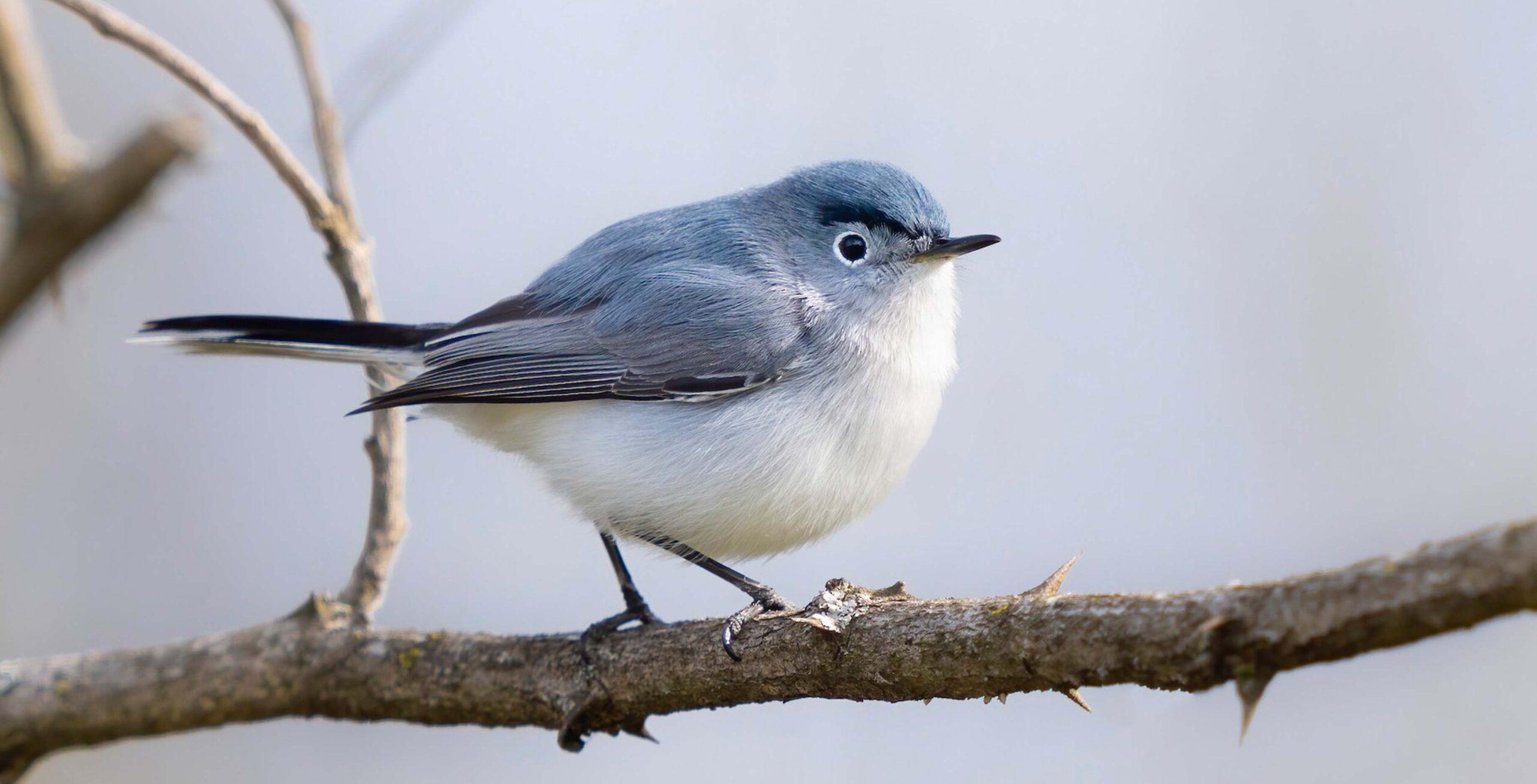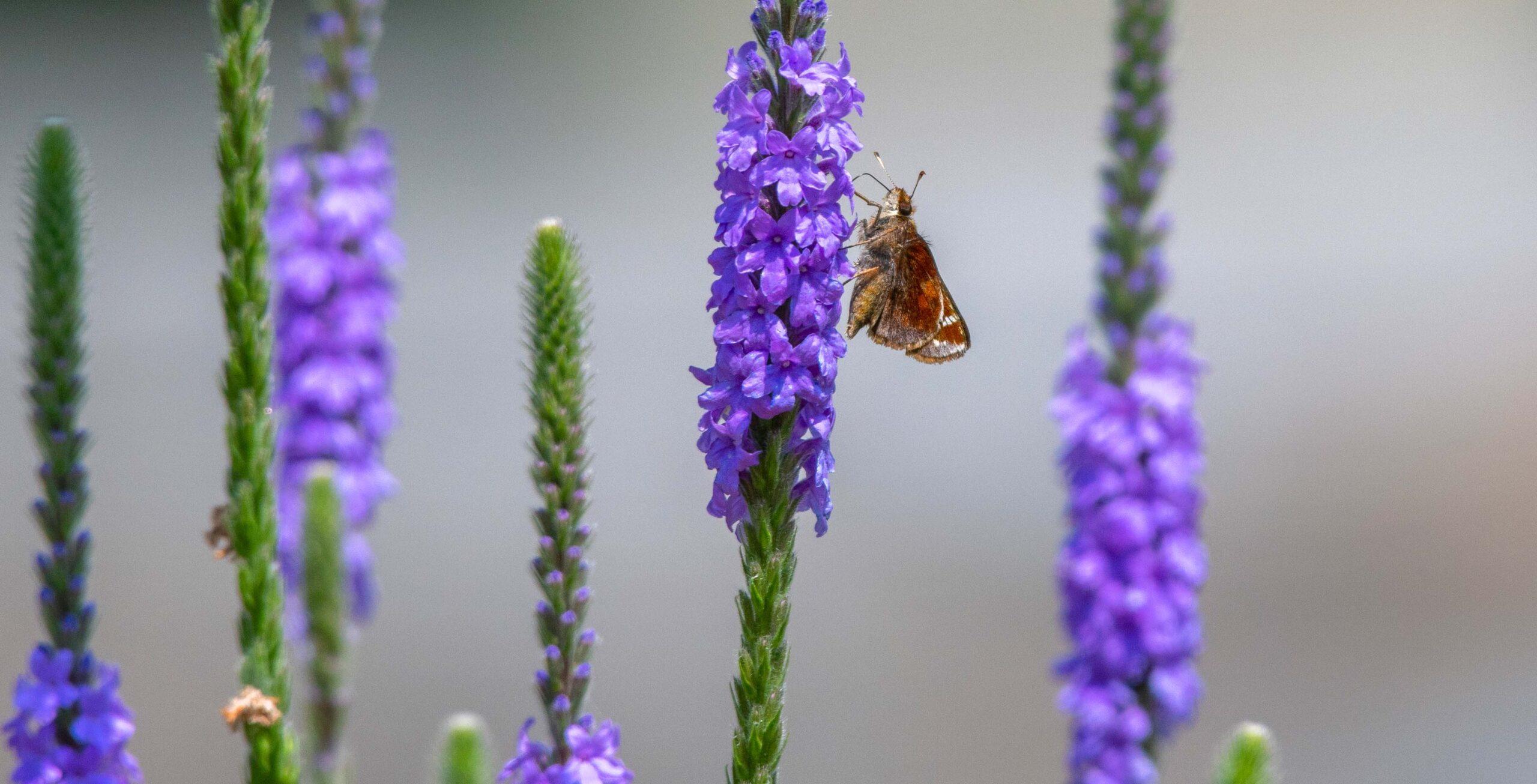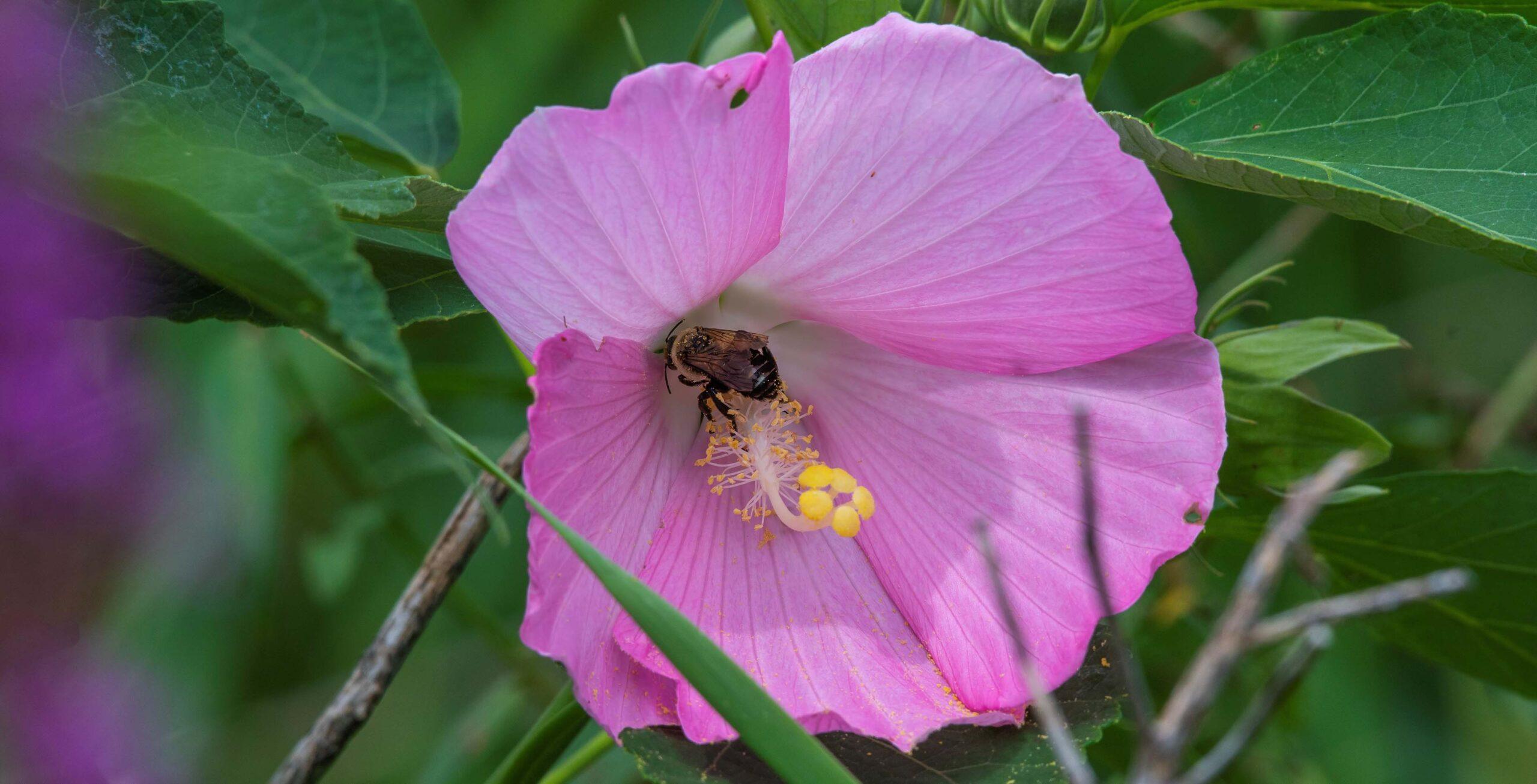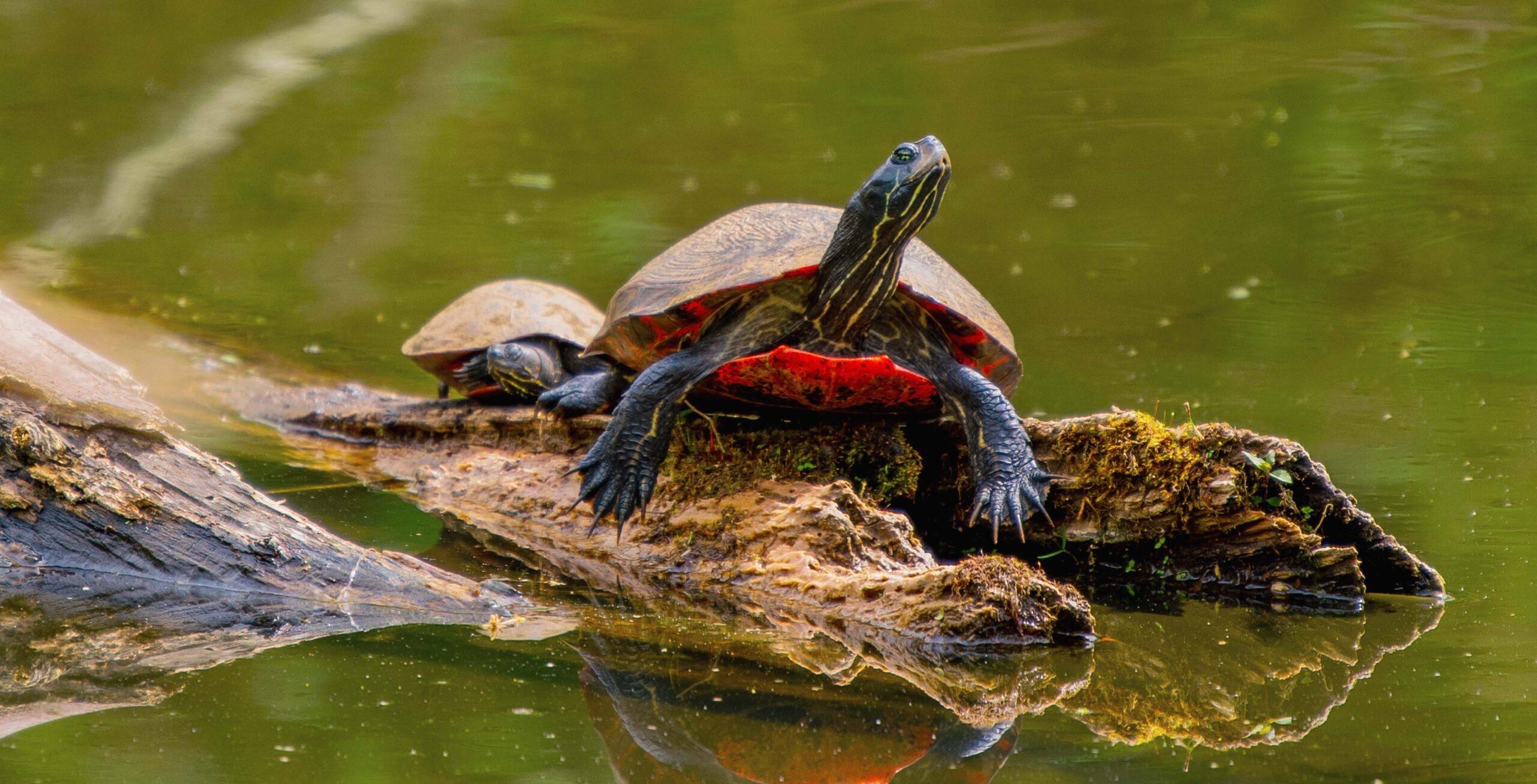PLAN YOUR VISIT
|
Environmental STEM Center: Open 9 AM to 4 PM M-F (closed on weekends and major holidays) Admission: Free Restrooms & Water Fountains unavailable on Weekends RULES & REGULATIONS |
Outdoor Nature: Open Dawn to Dusk Daily Admission: Free No Drones, Bikes, Dogs, Smoking or Swimming Permitted in the Cove |
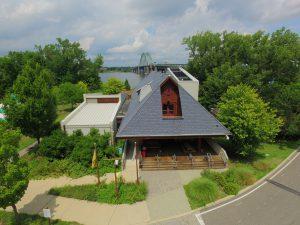
FALCON CAM
Peregrine Falcons have been observed visiting the Tacony-Palmyra Bridge nesting box on a daily basis throughout this past winter. Typically nesting in Early March, Females lay 2-3 eggs in a simple gravel nest which hatch after roughly 30 days. The Male and Female both hunt and feed their young, alternating between keeping watch at the nest and hunting for pigeons and/or waterfowl. Young falcons will begin to wander and explore the surrounding area at 3-4 weeks of age, before fledging three weeks later.
Get a birds-eye view of the peregrine falcon nesting boxes atop the Tacony-Palmyra and Burlington-Bristol Bridges!
Peregrines have been successfully nesting in those boxes since 2008 and 2009, respectively. Thanks to video cameras focused on the nesting boxes, Peregrine Falcons can be observed nesting on the top of the bridges from late March through early June. Take a peek!
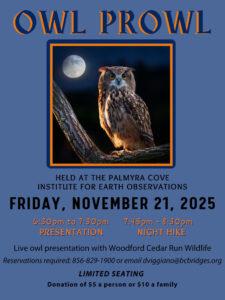
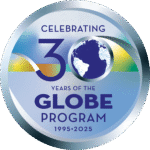
The GLOBE Program: Global Learning and Observations to Benefit the Environment
Sponsored by: NASA![]()
Supported by: NSF U.S. DOS![]()
![]()
![]()
New Jersey’s Best Family-Friendly Hikes
From the panoramic views at High Point State Park to the salt marshes of Galloway, New Jersey’s 4,500 miles of trails are an inspiring source of family fun. The Garden State has some of the best kid-friendly and accessible trails, for everything from bird watching to learning about Revolutionary War history. This sampling of hikes reaches every corner of the state and offers a range of diverse ecosystems. Put the phones and tablets away; grab the sunscreen, insect repellent, and a good walking stick—and go take a hike!
Earth SySTEM Learning Expeditions!
Calling all parents, students, teachers, and citizen scientists! Come Explore – Investigate – Learn.
See how here…
NATURE OR SCIENCE
(STEM) INSTITUTE?
It’s both!
The only place in the region that couples STEM education and nature!
Come see for yourself…
